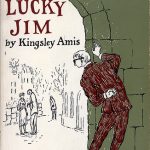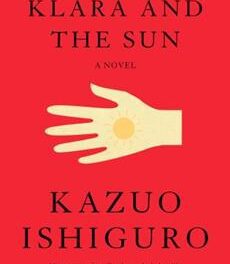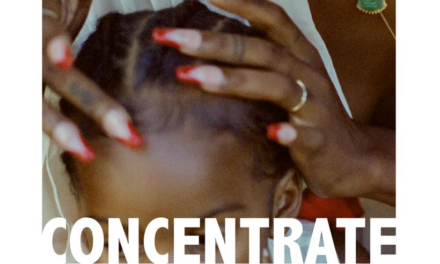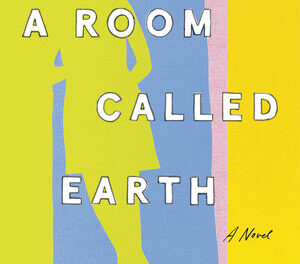Lisa Ampleman: It’s hard to describe The Riots (University of Georgia Press, 2011), by Danielle Deulen (a new professor at UC this year), in terms that haven’t already been used. I want to say that  the essays are beautifully lyrical, but the Great Lakes Colleges Association emphasized that quality when they awarded the collection the New Writers Award for Creative Nonfiction. I’d also say that the book has brutally honest depictions of family life, though Melanie Rae Thon accentuates its candor in her blurb on the back cover. After hearing endorsements like these, I was excited to pick up The Riots at the AWP Bookfair—and I started reading it on the bus ride home. Although it isn’t organized chronologically, I found myself returning to the book whenever I could, devouring it almost like a novel, wanting to know what would happen to the people Deulen describes so well. The pieces sometimes read like prose poems, sometimes like the best sort of memoir: non-self-serving, illuminating scene and personality with verbal vigor.
the essays are beautifully lyrical, but the Great Lakes Colleges Association emphasized that quality when they awarded the collection the New Writers Award for Creative Nonfiction. I’d also say that the book has brutally honest depictions of family life, though Melanie Rae Thon accentuates its candor in her blurb on the back cover. After hearing endorsements like these, I was excited to pick up The Riots at the AWP Bookfair—and I started reading it on the bus ride home. Although it isn’t organized chronologically, I found myself returning to the book whenever I could, devouring it almost like a novel, wanting to know what would happen to the people Deulen describes so well. The pieces sometimes read like prose poems, sometimes like the best sort of memoir: non-self-serving, illuminating scene and personality with verbal vigor.
Becky Adnot-Haynes: I’m doing an exam area in British fiction, which means I’ve been reveling in all things English: I listen to a lot of Ricky Gervais podcasts, and when my husband comes home from work I ask if he wants a spot of tea (he prefers coffee) or some crisps (like a philistine, he insists on referring to them as “chips”).
Anyhow, I currently have the pleasure of reading Lucky Jim, Kingsley Amis’s classic academic satire. Jim Dixon has fallen into a university job as a lowly instructor of medieval history, where he is uncertain not only of his job security but of his choice of career, in which the Head of Department gives public performances on the recorder and repeatedly attempts to enter revolving doors from the wrong direction. In the rising action, Jim is unlucky enough to be assigned to give a lecture whose subject he is entirely unqualified to speak on. It’s a smart cultural comedy with a good dose of acerbic wit. Throw in a sprinkling of farce—bedsheet burning, an inconveniently-timed pants-ripping, and a “superficial wound” accidentally inflicted on the Professor of English—and the outcome is, as The Guardian called it, a “preposterously funny book.”











